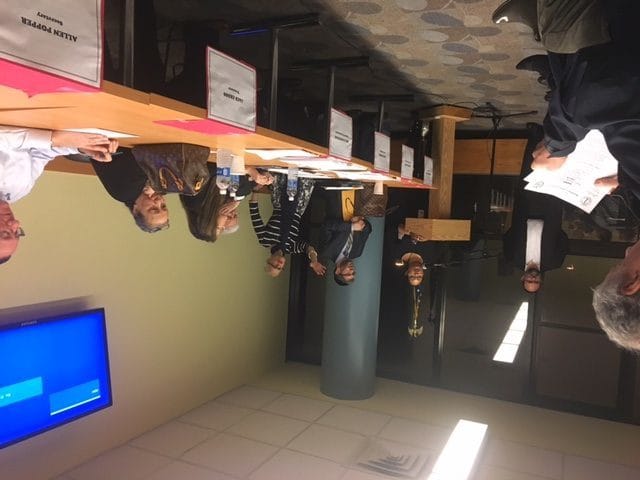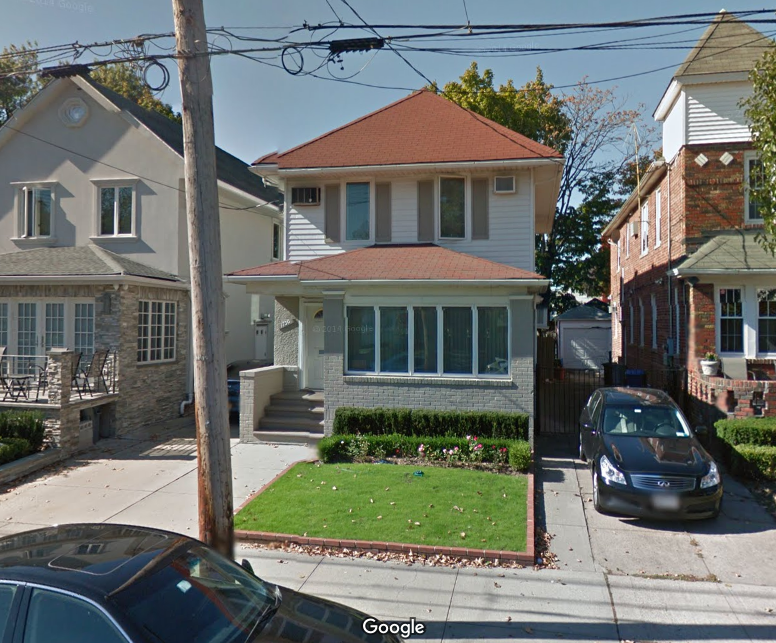Group Home For Disabled Young Men Overwhelmingly Shot Down At Community Board Meeting


Typically, community board meetings last for about an hour. In that hour a myriad of topics are discussed and decisions made. However, at the meeting last night, an entire hour was spent dissecting and probing the proposed group home for three mentally disabled young men at 1730 East 27 St in Madison.
Folks griped about the preparation of the Women’s League Community Residences (WLCR) for this project. Last month, representatives from the group were set to present their proposal at the community board meeting but failed to provide proof that they notified everyone living within a 200-foot radius of the residence, pushing their presentation to this month’s meeting.
When it came time to vote, the group home was shot down with a vote of 27 votes against, 9 votes in favor, and one abstention.
There were multiple moments that proved that the WLCR and the state didn’t completely have their ducks in a row.
The WLCR has already signed a five-year lease for the house, but the representative from the state was under the impression that the lease hadn’t been signed yet.
“Oh, the lease is already signed,” she said to the moans of the crowd.

The state rep also pushed the point that the group home isn’t a “facility,” but a “residence.” Despite her focus on the importance of the language used, she repeatedly called it a facility, which led the audience to wonder the nature of this project.
Another discrepancy from last night was where the people who will be staying in the home are from. It was previously told to community members that the patients are all from the neighborhood, when, in reality, only one is from the area. The other two are from Borough Park and Kensington.
One person in the crowd even questioned the ability of the patient’s families’ ability to keep their homes intact and made the argument that their disabilities make them unwelcome in the community.
“The mere fact that they need 24-hour care is a cause for concern for us,” said the man who lives on the same block as the proposed residence.
Another concern that community members had was the logistics of emergency response for the area. Many people noted last night that the neighborhood is the last to get their garbage picked up and their streets plowed after a snowstorm.
A woman who lives on the block said she and her husband were blocked by a garbage truck on their street on the way to the meeting and it put them back about 10 minutes. She asked if something were to happen and an ambulance or another emergency vehicle needed to get in or out, how would they navigate the often-difficult road?
“You said you wanted a site for this group home that would be very amenable for the young men coming in where they could be a part of the community. I’ve lived on that block for over 50 years, there’s no way that the residents of the block will be accepting of them,” another neighbor said. “Yes, they need help, but they should be in a nurturing environment, not East 27 Street.”
Despite the consensus against the group home, the community board’s vote doesn’t stop them from moving forward. The state commissioner has the deciding power in the end. The only way the project could be stopped dead in its tracks is if the community could be proved to be oversaturated, which isn’t clearly defined and is rarely found to be the case.
This revelation spread through the crowd a little over half an hour into the discussion, causing audience members wonder why they’re even talking about it if they have no say in the matter.
“Why are you wasting our time? We’ve spent an hour on this already, and at the end of the day it is going to be shoved down our throats. What we should do is get our state legislators and anyone who can help us to stop it,”said board member Al Smaldone. “It’s not that we don’t want to help people with disabilities. You’re coming here telling us it’s going to happen whether we like it or not.”
We will keep a close eye on developments in this issue, so stay tuned as this is sure to stir up controversy in the neighborhood.




